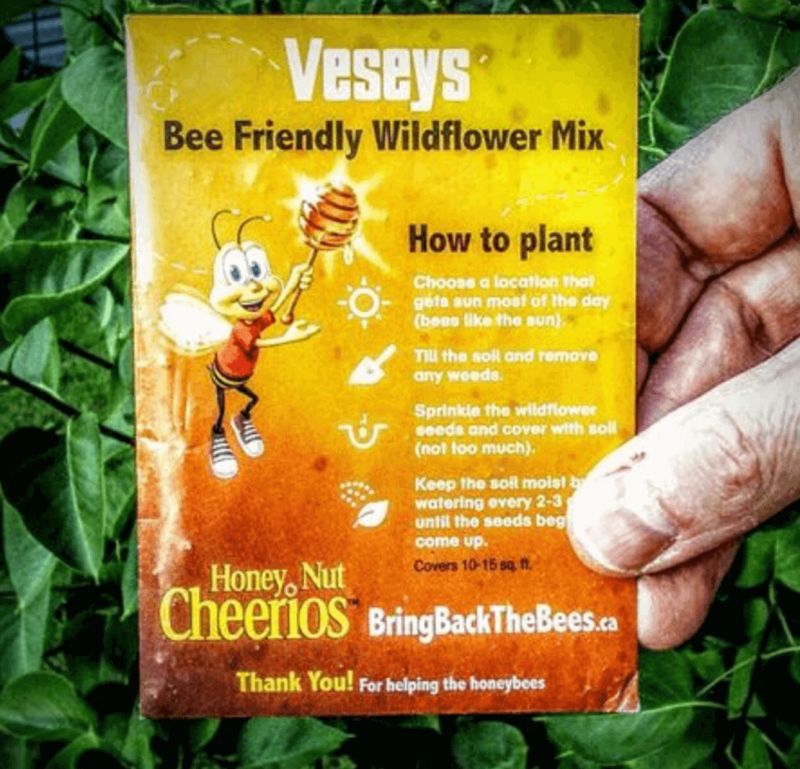[Editor’s note: Jenna Gallegos is a 5th year plant biology PhD student at the University of California, Davis.]
Honeybees are okay, but wild pollinators are at risk. The biggest threat is habitat loss, but climate change, insecticides, and diseases also spell trouble. Certain agricultural practices can help, and we can all do our part by planting flowers instead of keeping grassy lawns and encouraging city planners to do the same. If you got one of those wildflower packages from Cheerios, consider ditching those seeds for native ones instead.
…
[A]nything designed to kill insects — from commercial insecticides to organic alternatives to home remedies — certainly can’t help. On the other hand, banning specific pesticides may not be the best approach. Farmers have to control pests somehow, and alternatives might not prove any friendlier to pollinators or farmworkers.…
All our experts agreed that planting wildflowers is a great idea, but you should really try to plant flowers native to your home region.
That said, General Mills has really done some great things to help pollinators. As have other corporations including Bayer, Haagen-Daz, Monsanto, and more. Their efforts should be applauded.
The GLP aggregated and excerpted this blog/article to reflect the diversity of news, opinion, and analysis. Read full, original post: 8 bee experts weigh in on pollinator decline & Cheerios’ bid to save them
For more background on the Genetic Literacy Project, read GLP on Wikipedia































